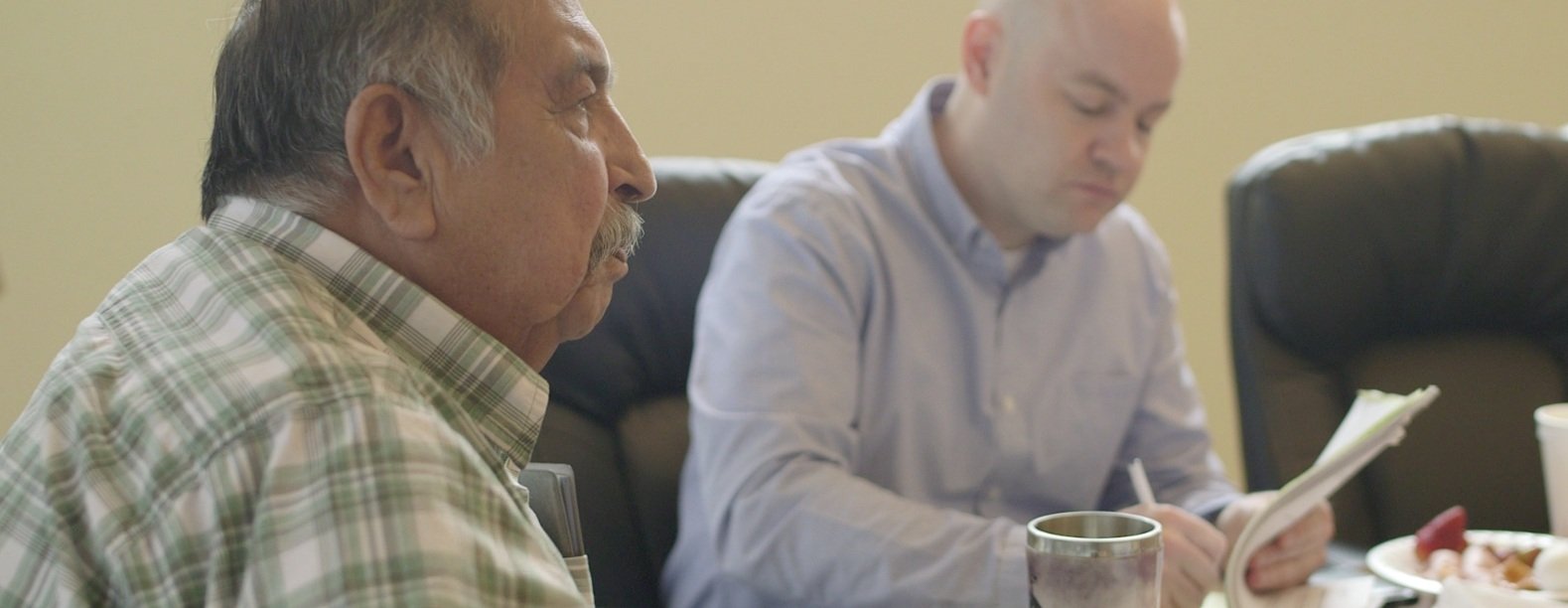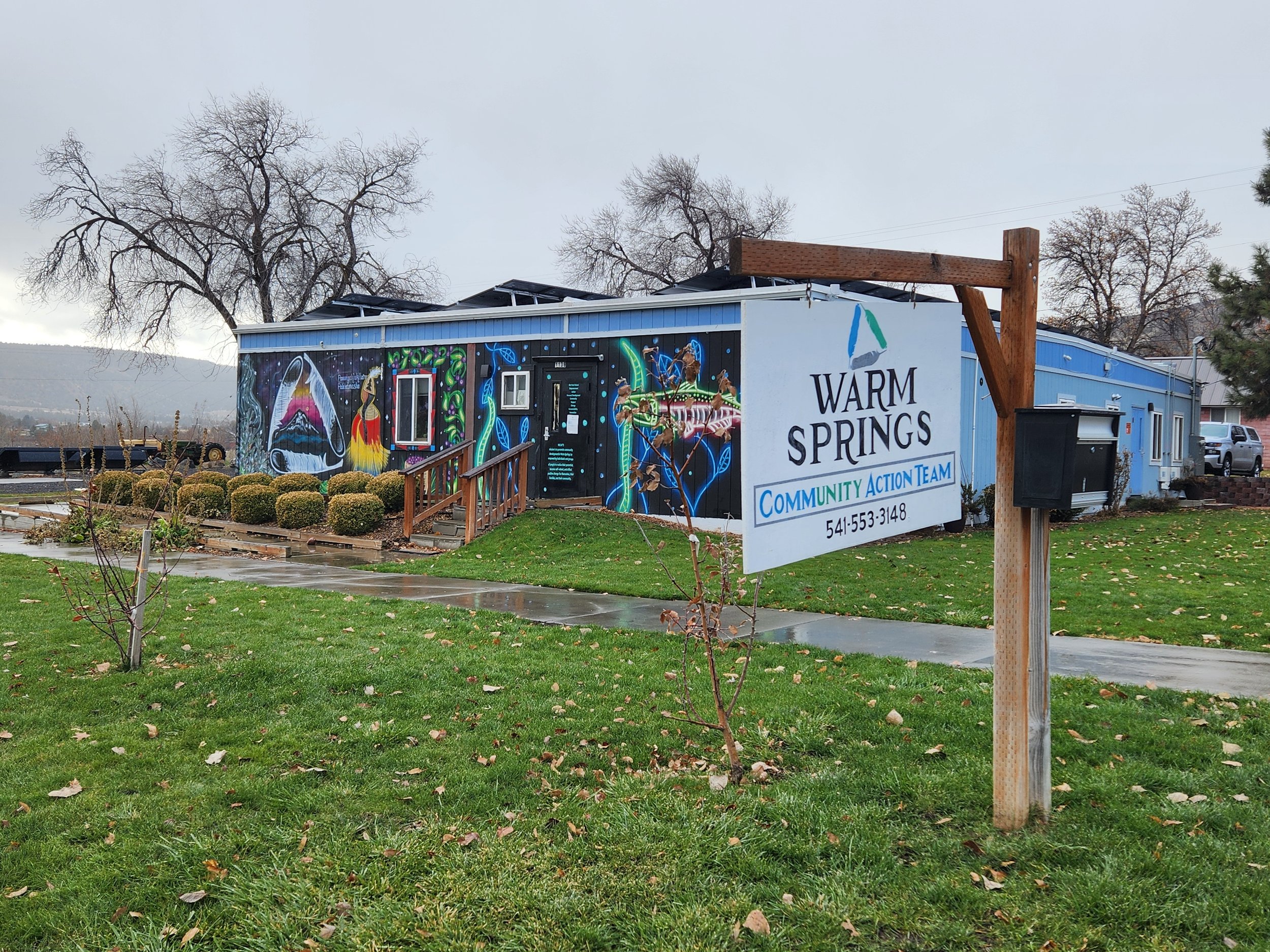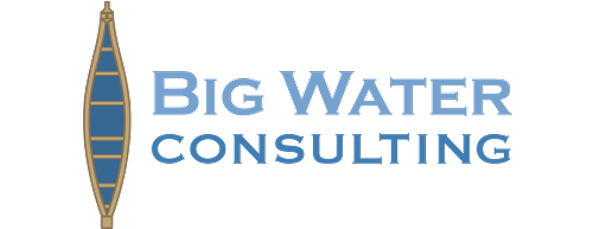
Highlights from recent projects help tell the story of how and where we work.
Visit our Gallery to see samples of specific deliverables. Use the search bar below to find projects in specific regions, covering certain topics, or with a particular tribe.
All Projects

Little Shell Tribe of Chippewa Indians of Montana Health & Housing Needs Assessment
This project will take place as a part of a larger statewide Tribal health and housing study that will incorporate new data collection in Tribal and Native communities and an overarching stakeholder-driven framework of meetings, discussion sessions and working groups involving Tribes, Tribal programs, Native organizations and the agencies and organizations serving and supporting Tribal and Native communities to revisit outdated approaches, foster innovation and advance more proactive policies.

Confederated Tribes of Warm Springs Housing Study and Needs Assessment
This study will provide the background necessary to develop a comprehensive housing plan that meets the needs of current and future community members. The household survey seeks to gather accurate information about the residents and households of the Warm Springs Reservation while additional surveys for reservation youth, employees, and tribal members living off-reservation round-out the storytelling effort.

Cow Creek Housing Needs Assessment
The Cow Creek Housing Needs Assessment seeks to answer this key question: what are the housing needs of Cow Creek members both inside and outside of the Tribe’s seven-county service area?
The project involved not only a household survey distributed to all Cow Creek member households (within and without the Tribe’s service area), but also an employer survey that sought input from major Roseburg employers to learn more about housing shortage in the broader community, and interviews with knowledgeable parties from Tribal and municipal leadership.

Dry Creek Community Needs and GIS Mapping
The Dry Creek Community Needs Assessment and GIS Mapping Project has been set in motion to assist the Dry Creek Band of Pomo Indians in collecting relevant, accurate, and comprehensive data about the characteristics, demographic trends, and other needs of both the community and physical environment of the Band.

Native Action Network Native Women’s Leadership Survey
Seattle, Washington
Native Action Network is conducting the Native Women’s Leadership survey to collect qualitative and quantitative information from Native women throughout Washington state interested in all forms of leadership. These include all levels of government, business, nonprofits, activism, and community leadership. Native Action Network will use this information to strengthen and develop its programs supporting Native women’s leadership, to identify opportunities and barriers, to facilitate mentorship and partnership opportunities, and to build a sisterhood of Native woman leaders in the state of Washington.

Northern Cheyenne Health and Housing Needs Assessment
The Northern Cheyenne Health and Housing Needs Assessment is a comprehensive study conducted to identify the most pressing needs of the residents of the Northern Cheyenne Indian Reservation.

Tulalip Tribes of Washington Community Needs Assessment
The Tulalip Tribes Community Needs Assessment was set in motion to assist the Tulalip Tribes in collecting relevant, accurate, and comprehensive data about the characteristics, demographic trends, and other needs of Tulalip Tribal member households in Snohomish County, Washington. The project presents an exciting opportunity to shape housing, health, education, cultural, and economic development strategies that meet the collective needs of Tulalip community members.



South Dakota Native Homeownership Coalition Appraisal Market Study
The Appraisal Market Study was commissioned by the South Dakota Native Homeownership Coalition (SDNHC) to describe the market for home appraisals on the nine Indian reservations in South Dakota and enable appraisers to evaluate the potential business opportunities available to them on reservation lands. Big Water Consulting used existing, available data from federal, state, and Tribal sources and interviewed and surveyed appraisers, lenders, and Tribally Designated Housing Entities (TDHES) to help determine the composition, size, value, and growth for valuation services on reservations within South Dakota.

United Native American Housing Association (UNAHA) Meth Testing and Remediation Survey
Pablo, Montana
Big Water Consulting developed and facilitated the Meth Testing and Remediation Survey of United Native American Housing Association (UNAHA) members. This survey was designed to assess the impacts of meth use and manufacturing in tribal housing authority units on the administration of tribal housing programs, including the cost of meth testing and remediation and the exacerbation of existing housing shortages by the temporary removal of meth-contaminated housing units from service. The data collected via this survey will allow UNAHA to inform elected officials and agency staff at the state and federal levels about the extent of the meth problem and provide concrete numbers to funding sources that may be able fund efforts to address this problem.

Native Village of Barrow Housing Needs Assessment
Barrow, Alaska
The Native Village of Barrow (NVB) is the northernmost community in Alaska, located north of the Arctic Circle. Data collected through a household survey enabled NVB to refine their housing map and illustrated a number of challenges faced by the community, including high costs of living (beyond rent, mortgage, and utilities), limited housing stock, and prevalent overcrowding. Results will be used to engage the Native Corporation and Borough partners in shared planning and provision of services.

Pokagon Tribal Census
Dowagiac, Michigan
The Pokagon Band of Potawatomi has no reservation and its members are distributed throughout the United States and the world. The Band has made great efforts to spur economic development within its service area in Michigan and Indiana and the surrounding region. The Tribal Census, conducted every five years to support a constitutionally mandated comprehensive planning process, was implemented through a mail-out survey delivered to all households with an enrolled Pokagon citizen, regardless of whether they lived inside or outside the Band’s service area. The resulting dataset is now being used to inform decisions related to land acquisition, economic development, education spending, program administration, and the development of new services.

Red Cliff Tribal Census and Community Needs Assessment
Bayfield, Wisconsin
The Red Cliff Indian Reservation is a remote community located on the shores of Lake Superior on the northern tip of the Bayfield peninsula in Wisconsin. It has a recreation and resource-based economy and a large number of seasonally vacant units and second homes. The project, which included a reservation-wide household survey, enabled the Band to correct distortions in existing data resulting from the income disparities and demographic differences between full-time residents (who are generally Native) and seasonal residents (who are generally not). In addition, the data will be used to develop a Comprehensive Plan and identify specific options to address resident needs and create opportunities for individual and collective development.

Tohono O'odham Nation Census Challenge
Sells, Arizona
The Tohono O'odham Nation is a large tribe whose lands are located along the US-Mexico border in southern Arizona. Many Tohono O’odham move between Tucson and the Tohono O’odham Indian Reservation, where there are a substantial number of traditionally constructed homes. Data collected through a housing unit condition assessment and a household survey documented every structure on reservation and trust lands, successfully enumerated the non-transient population, revealed the challenges of households living in traditional homes, and is being used to support comprehensive planning as well as challenge U.S. Census data used in the Indian Housing Block Grant (IHBG) formula.


Seattle Indian Services Commission (SISC) King County AIAN Housing and Human Services Needs Assessment
King County, Washington
Big Water coordinated with SISC and its partner stakeholders (e.g., United Indians of All Tribes Foundation, Seattle Indian Health Board, Chief Seattle Club, Mother Nation, and Cowlitz Tribal Health Services) to design and implement a study to assess the need for Native housing and other vital services in the urban core of King County, Washington. Information collected through a survey, focus groups, and interviews will help guide the Commission’s planning efforts for supportive services and a new 160-unit affordable housing development.


South Dakota Native Homeownership Coalition (SDNHC) Housing Needs Studies
Eagle Butte and Mission, South Dakota
Big Water worked with the Cheyenne River Housing Authority and the Rosebud Economic Development Corporation (REDCO) to conduct two homeownership assessment studies commissioned by Lakota Funds and SDNHC. Analysis of existing data, as well as data collected through an intercept survey and key informant interviews, provided insight into perceived obstacles to homeownership, anticipated changes in housing supply and demand, levels of interest in and qualifications for homeownership, as well as other issues specific to each community. Results are being used to facilitate the development of homeownership and CDFI programs; two additional Housing Needs Studies were launched in 2018.

Dakota Housing Needs Assessment Pilot Project
Pine Ridge, Eagle Butte, Rosebud, Lower Brule (South Dakota) and Belcourt (North Dakota)
In cooperation with the Oglala Sioux (Lakota) Housing Authority, Sicangu Wicoti Awanyakapi (SWA) Corporation (Rosebud), Cheyenne River Housing Authority, Turtle Mountain Housing Authority, Lower Brule Housing Authority, Big Water designed and coordinated housing unit mapping and household surveys on five reservations. The purpose of the project was to collect population and housing needs data for each tribe that could be used to challenge and replace U.S. Census data, as authorized by the Native American Housing Assistance and Self-Determination Act (NAHASDA). The project also developed a model for collaborative, large-scale tribal data collection.






